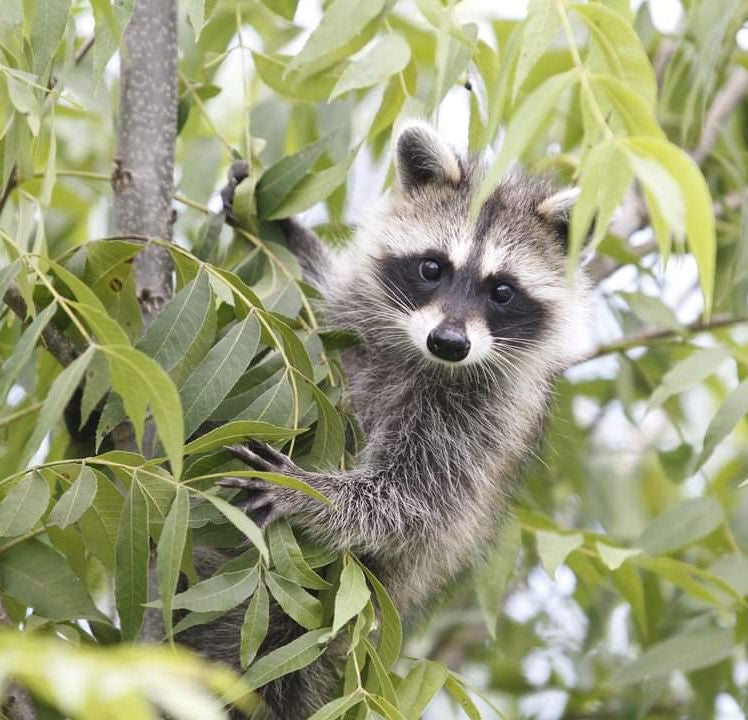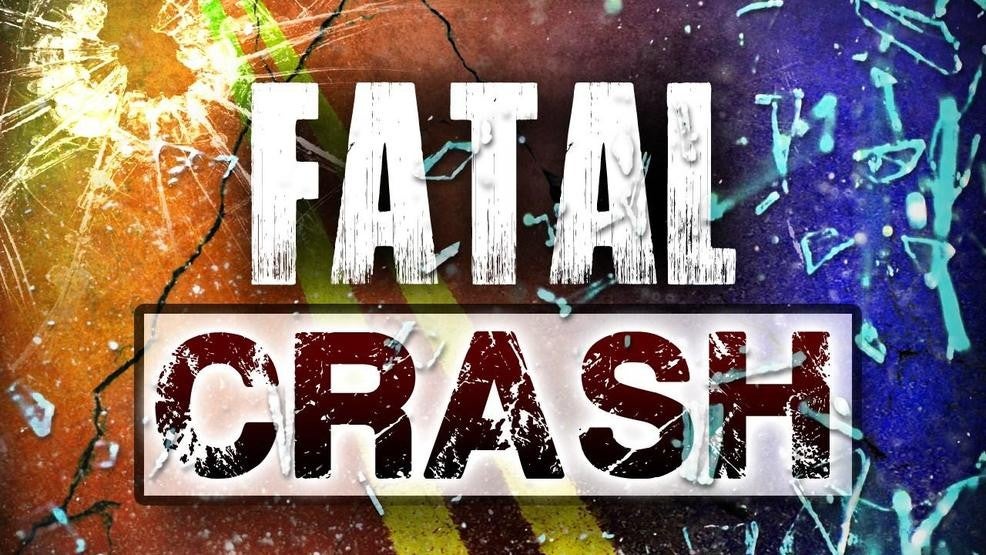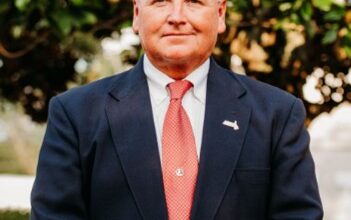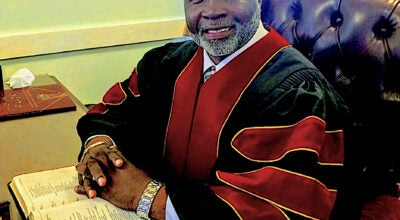Helping injured wildlife can be illegal
Published 2:12 pm Thursday, May 5, 2022
|
Getting your Trinity Audio player ready...
|
Alabama wildlife is in danger from more than just roadways, inexperienced hunters and large predators. When an injured animal is found by an ordinary citizen, they have very few options as to what they should or can do with it.
Alabama has only 13 licensed rehabilitators in the entire state. Neighboring Georgia has approximately 125; while Florida has more than 500 providers to help with orphaned or injured animals.
In our region, which includes the counties of Montgomery, Covington, Dallas, Pike, Butler, Crenshaw, Wilcox and Lowndes, there is only one licensed rehabilitator to serve a population of almost 382,000 people.
This creates a major problem for those who find and want to help an injured animal. With so few licensed rehabilitators in the area, injured animals may end up being turned over to non-permitted individuals , or good samaritans may try to help the animal themselves. People who are not properly trained and certified do not have access to the needed resources and veterinary care that the animal may require.
“There is also the very real potential for exposure to disease when citizens handle these animals,” Michael Shehan, the CEO of the Alabama Wildlife Conservation and Rehabilitation Society, said. “That can easily turn into a legitimate public health threat, especially if the animal has rabies.”
The lack of licensed rehabilitators in the state is most likely due to the stringent application process that Alabama utilizes currently.
Applicants are required to be at least 19 years of age, permanent U.S. residents, possess appropriate facilities and equipment for caging and confinement and provide documentation of receiving a tetanus shot within the last 10 years.
Shehan said that the surrounding states all have applications that are easily accessible on their state departments’ websites. The requirements are clearly posted and made available to the public. Their applications are also in downloadable formats.
It is far more complicated in Alabama. An excerpt from Outdoor Alabama said, “In Alabama, native wildlife cannot be held in captivity, even for the purposes of medical assistance, without the proper permits. There are licensed wildlife rehabilitators throughout the state, and these individuals and facilities have the experience and enclosures necessary to tend to and house convalescing wildlife. Wounded and ailing animals must be transported as quickly as possible to those with a permit, and may not be kept in the care of the finder or even a local veterinary clinic that lacks a Wildlife Rehabilitation Permit.”
The wildlife rehabilitation policies states that even if an animal is injured and will die without intervention, the animal should be left alone.
“Leaving the animal alone is typically the best decision. A high mortality rate is common and normal for many species. This natural death toll provides a needed food source and keeps population levels stable. Wildlife reproduces at a much higher rate and frequency than humans: if all of their young survived and also reproduced, their numbers would be unsustainable. Injured adult animals sometimes cannot survive the stress of capture and treatment. In addition, adults are often not releasable because of their injury and must be euthanized. Injured wildlife will defend itself and can cause severe injury to the rescuer,” the policy states.
“The idea that, as living creatures, we can be told that we are not allowed to help other living creatures, is more than we can accept,” Shehan said. “The benefits of rehabilitation extend past giving animals a second chance for a wild and natural lifespan, it provides vital data to state officials in areas that matter, such as disease trends throughout our state.”
He added, “Alabama Wildlife Conservation and Rehabilitation Society (AWCRS), is a non-profit organization, created in 2021, to fight for the rights of our citizens to legally find/provide care for orphaned, injured, and/or displaced wildlife. We have been active on social media to raise awareness and have been working hard to communicate with state government bodies to improve the application and regulatory process.”
The State Department of Conservation and Natural Resources will be hosting a Conservation Advisory Board meeting on May 21, 2022 at 9 a.m. at 104 Lakepoint Drive, in Eufaula, Alabama. All are invited to come and voice their thoughts on these issues. For more information on time and speakers, please email them at Admin@awcrs.org. You may also write to them at AWCRS, PO Box 393, Somerville, AL., 35670.
The Alabama Wildlife Conservation and Rehabilitation Society can also be reached at their website, www.awcrs.org, and Facebook.com. There is a petition if you are interested in helping their cause, located at www.change.org/HelpSaveAlabamaWildlife.






